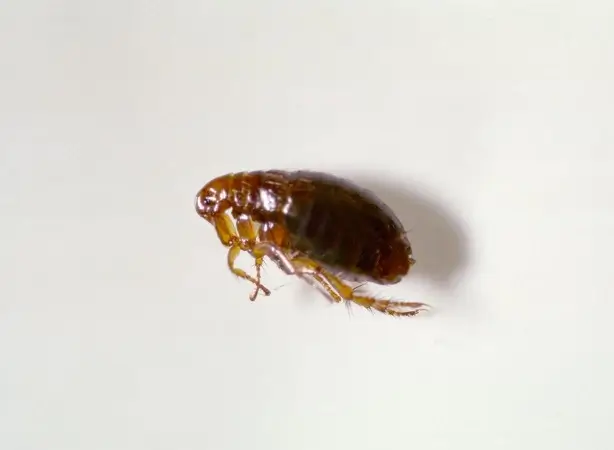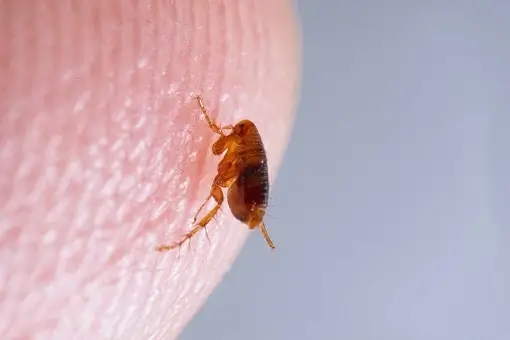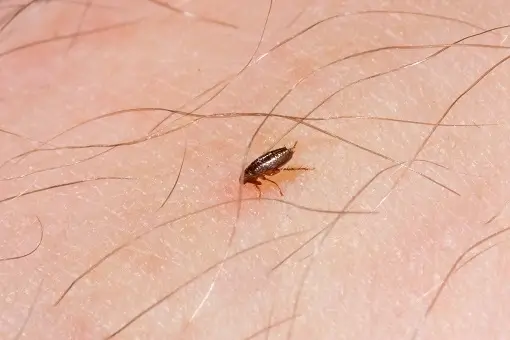
Fleas
Flea control in Texas


Questions that People Most Frequently Ask Us
Take a look at some of the typical questions that pop up in the minds of our clients
What can I do to get rid of fleas?
There are a few things you can try to get rid of fleas: Vacuum regularly, wash your bedding and blankets regularly, use a flea bomb, treat your pets for fleas or call a pest control professional.
Can fleas live on my dog or cat?
Yes, fleas can live on your dog or cat. In fact, they often do. This is why it’s important to regularly groom your pet and check them for fleas.
What time of year is flea season?
Flea season typically starts in the spring and lasts through the fall. This is when fleas are most active. However, you can still have a flea infestation at any time of year.
Will fleas go away on their own?
No, fleas will not go away on their own. You need to take action to get rid of them.
What do fleas look like?
Fleas are small, wingless insects. They range in color from brown to black and can be as small as one millimeter long. Fleas have a hard, flattened body and are covered in bristles. They have powerful hind legs that allow them to jump great distances.
Why do I have so many fleas?
There are a few reasons why you may have a lot of fleas: You have an infestation in your home or business, you have pets that spend time outdoors or you live in an area with a lot of fleas.
Where do fleas live?
Fleas can live in a variety of places, including: on animals, in homes, in businesses and in outdoor areas such as parks or woods.
Can fleas live in my carpet or blankets?
Yes, fleas can live in your carpet or blankets. This is why it’s important to vacuum and wash these items regularly if you suspect a flea infestation.
Can fleas lay eggs in human skin?
No, fleas cannot lay eggs in human skin. However, they can bite people and animals, which can cause irritation and discomfort.
Can fleas make you sick?
While fleas themselves don’t usually make people sick, they can carry diseases. For example, fleas can transmit the plague from rats to humans.
